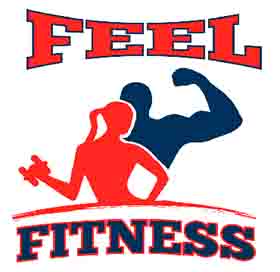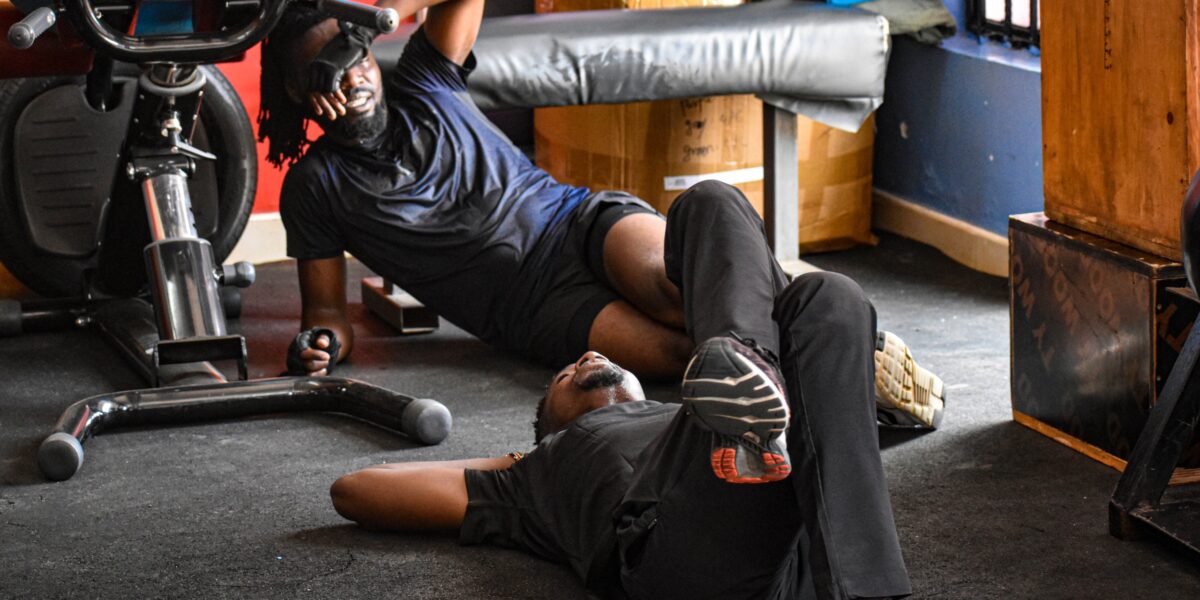Interviewer: Coach Phil, these days everyone wants to “grind harder.” No days off, no excuses! What’s your take on that mentality?
Coach Phil: (laughs) You know, I love the Kenyan hustle spirit, we push hard in every area, from business to fitness. But the body doesn’t respond to hustle, it responds to balance. When someone tells me “I don’t take rest days,” I tell them, “You’re not training, you’re auditioning for burnout!”
Interviewer: So what signs tell you that an athlete or client is pushing too far?
Coach Phil: I look out for persistent fatigue that doesn’t go away even with rest, nagging injuries that keep coming back, and that frustrating situation where someone is training more but performing worse. When performance stalls or declines despite more effort, that’s a big red flag.
You’ll also notice things like unwanted changes in weight or appetite, poor sleep or insomnia, irritability or mood swings, constant muscle soreness, or new injuries popping up every other week. If someone starts looking more tired than their coach, it’s time for a serious recovery talk.
Interviewer: (chuckles) So recovery is not a luxury?
Coach Phil: Not at all, it is often overlooked but it’s part of the training! I always say, prioritize recovery like you prioritize your workouts. That means rest days, de-load weeks, active recovery, mobility work, good sleep, and fueling properly. This is when I treat myself to a massage, a light swim or a steam bath.
There’s no shortcut around sleep and proper nutrition. Even the best training program will collapse if the body isn’t well-rested or well-fed. You can’t “out-train” a bad sleep pattern or an empty stomach!
Interviewer: What about training design, how do we prevent overtraining from the planning side?
Coach Phil: Careful programming and periodization are key. Coaches need to make sure energy intake matches energy output. If someone adds extra sessions but skips meals, they’re digging themselves into an OTS (Overtraining Syndrome) hole. The goal is to keep the body in balance, train hard, yes, but recover harder. I love to cross-train because I have learnt the power of variety. Vary your sessions in terms of intensity, type of exercise and there is nothing to lose in trying out a new class you’ve never done.
Interviewer: You’ve also spoken before about early specialization among young athletes. Why does that concern you?
Coach Phil: That one really worries me. We’re seeing kids as young as 8 or 9 specializing in one sport all year. Parents mean well, they think it’s the path to elite performance. But research shows the opposite. Early specialization often leads to burnout, overuse injuries, and shorter careers.
Encourage kids to explore multiple sports, especially during their developmental years. Cross-training helps with coordination, prevents repetitive strain, and keeps the love for movement alive. At the end of the day, we’re not just training for this season, we’re building bodies and minds for a lifetime of activity.
Though our teenage daughter loves to swim, she has tried taekwondo, soccer, gymnastics, ballet… yeah! We let her to try it all.
Coach Phil
Interviewer: Beautifully said, Coach. Any final thoughts for your fellow trainers and athletes?
Coach Phil: Absolutely, our role as coaches isn’t just to push people; it’s to protect them. Let us educate our clients about rest and recovery. Be their accountability partner not just on training days, but also when it’s time to slow down. Remember, we’re not just chasing medals or muscle, we’re building habits that support lifelong health.
Coach’s Mic Drop:
Don’t glorify exhaustion. Glorify balance.
Train smart. Recover smarter. Live stronger.

